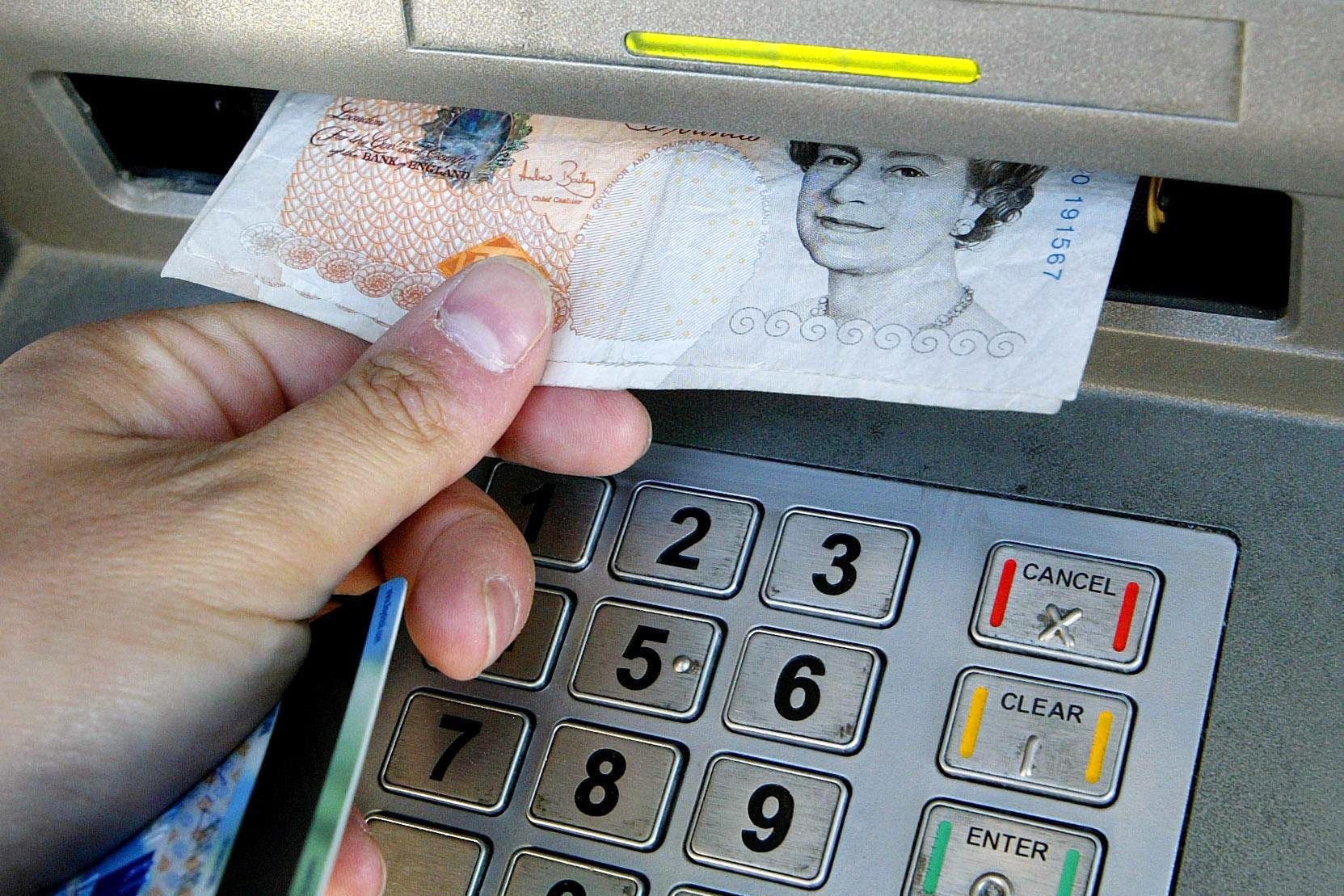We are right not to give up on cash – but can we rely on our banks?
The global IT outage was a timely warning about the limitations of a cashless society – but new rules for banks and building societies about closing local branches and ATMs manage to miss an important, wider point, says James Moore


If any good has come from the largest tech outage in history, it is that it reminded the world just how reliant we have become on technology that can fail; that contactless isn’t a convenient way to pay during a digital blackout – and that old-fashioned cash has its advantages.
Days after the global IT disruption, which paralysed banks, transport systems and the NHS, the City of London watchdog has applied the brakes on the juggernaut that had been hurtling us towards a fully cashless society.
Under new rules announced by the Financial Conduct Authority (FCA), banks and building societies will need to be alert to “cash deserts” – places with no easy means of withdrawing cash, either in branches or from ATMs – and take measures to plug significant gaps accordingly.
Local residents, community organisations and representative groups will be able to ask the FCA to conduct assessments. The result of these could be that bank branches are prevented from closing until suitable alternatives are put in place. The latter could include banking hubs, post offices, or ATMs through which people can make deposits as well as withdrawals. The measures will come into place in September, but 14 banks and building societies have already been warned that they could be at risk of the new sanctions.
It’s a laudable idea, especially when it’s generally more vulnerable people who largely or solely rely on cash. Households with a disproportionately low income – less than £15,000 a year – are those with the lowest digital capabilities.
And yet, a part of me wonders whether this isn’t an example of the FCA coming over all King Cnut, as the UK is already flooded by the digital tide. The watchdog itself notes that, between 2015 and 2021, the annual volume of cash payments fell by almost two-thirds.
And, in spite of the damage wrought by global software updates, cash continues to lose ground. Trade body UK Finance has released figures showing that the volume of cash payments made last year fell by 7 per cent.
The pandemic’s dirty hands complicated things a bit – in 2022, cash payments rose for the first time in a decade. But analysis by consultancy firm Accenture suggests that cash, still the second most popular means of paying for things, will slip into third place this year. By 2027, it will have fallen to fifth.
I would not criticise parliament or the FCA for seeking to protect vulnerable people who wish, or need, to use old-school banknotes. The option should absolutely be there for them. It should be there for all of us. The CrowdStrike IT chaos reminded me that I ought to maybe keep a £20 note or two on hand, just in case.
But that doesn’t change the fact that a cashless society is coming – and that there is still work to be done to properly prepare for the transition. Priorities need to change. On average, the FCA found that being digitally excluded, measured as having low digital capability or poor digital access, makes a person more than four times as likely to rely on cash than one who is not digitally excluded.
The bigger problem is less a lack of access to cash than a lack of access to digital. The latter causes people problems that go way beyond payments; a vast range of government and other state services are primarily, or solely, digital today.
Now these rules have been put in place, it is time for the FCA to help those on the wrong side of the digital divide to splash their cash.



Join our commenting forum
Join thought-provoking conversations, follow other Independent readers and see their replies
Comments